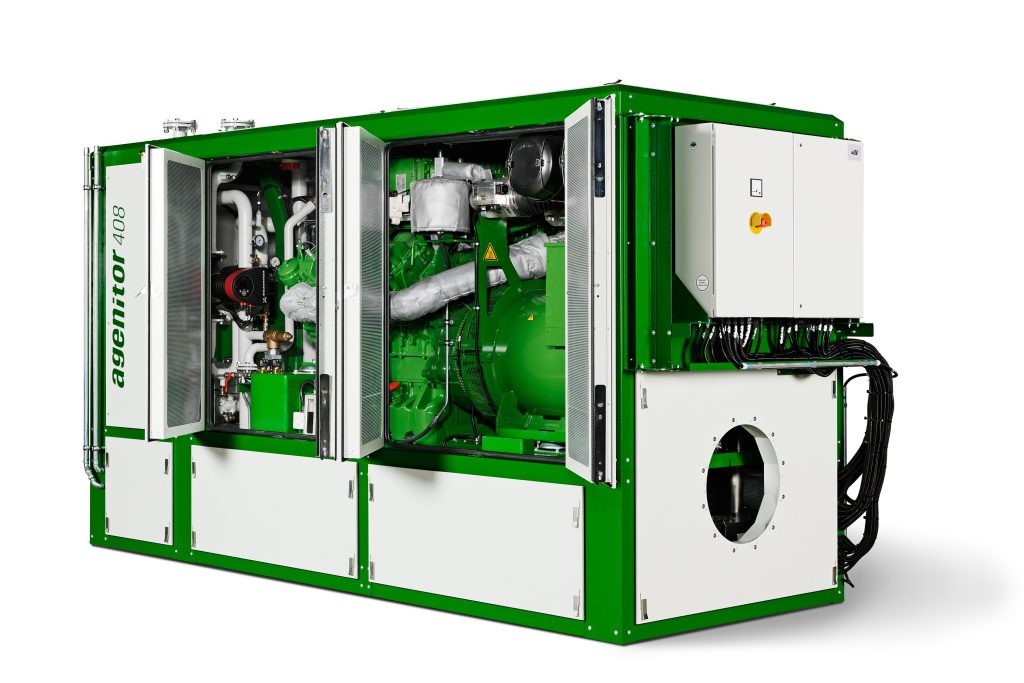DTG Starts Heat and Power Partnership with 2G Energy

UK-leading generator specialist, Dieselec Thistle Generators (DTG), has struck a new sales and service partnership with 2G Energy, a global manufacturer of gas CHP cogeneration plant. “We are continuing to find new and improved ways to provide resilient power supplies to our customers,” said Paul Moore, Managing Director at DTG. “The German manufacturer, 2G Energy, is renowned as a specialist in gas CHP, offering best-in-class power systems, and we are delighted to be able to offer its products to our customers here in the UK. With our long established position in the UK’s standby generator market and our team of more than 70 experienced personnel at hand, we are ideally positioned to supply, service and support gas CHP solutions in addition to our current products and services,” Paul added. 2G Energy manufactures gas CHP power systems from 20 to 2,000 kW with more than 5,000 installed gas CHP plants across 43 countries. “DTG is an excellent company with the same ethos as 2G – a young company with high levels of motivation to get the job done at the right price. Similar to 2G, DTG also relies on repeat business from its existing client base. For some time, its clients have expressed the need for DTG to offer a complete generator and CHP gas engine solution,” said Robin Chadwick, Managing Director at 2G Energy. Combined heat and power (CHP) is a highly efficient process that captures and utilises the heat that is a byproduct of the electricity generation process. By generating heat and power simultaneously, CHP can reduce carbon emissions by up to 30% compared to the separate means of conventional generation via a boiler and power station. The heat generated during this process is supplied to an appropriately matched heat demand that would otherwise be met by a conventional boiler. CHP systems are highly efficient, making use of the heat which would otherwise be wasted when generating electrical or mechanical power. This allows heat requirements to be met without the requirement for additional fuel to be burnt. For many organisations, CHP is the measure that offers the most significant single opportunity to reduce energy costs and to improve environmental performance with existing users of CHP typically saving around 20% of their energy costs.


